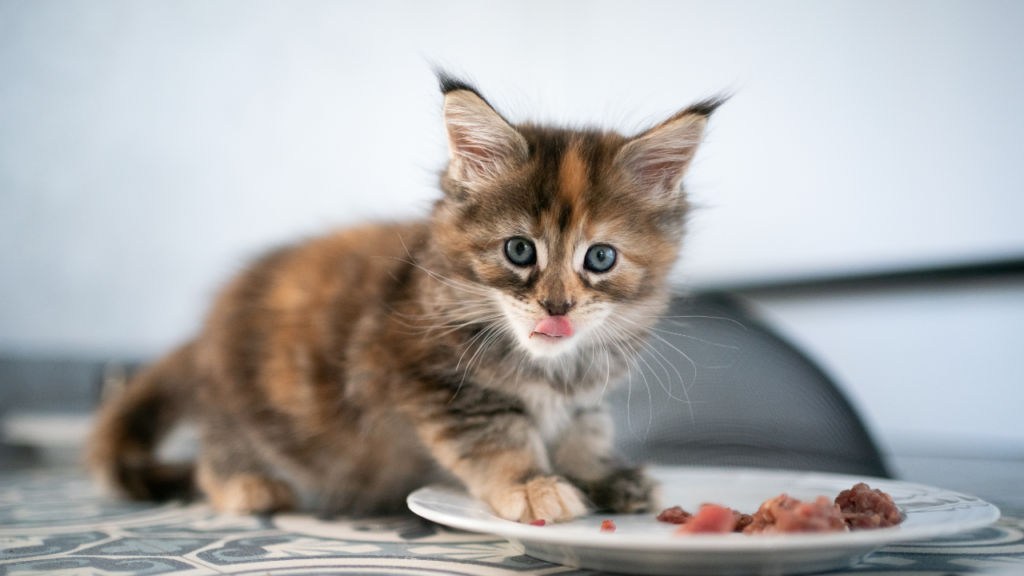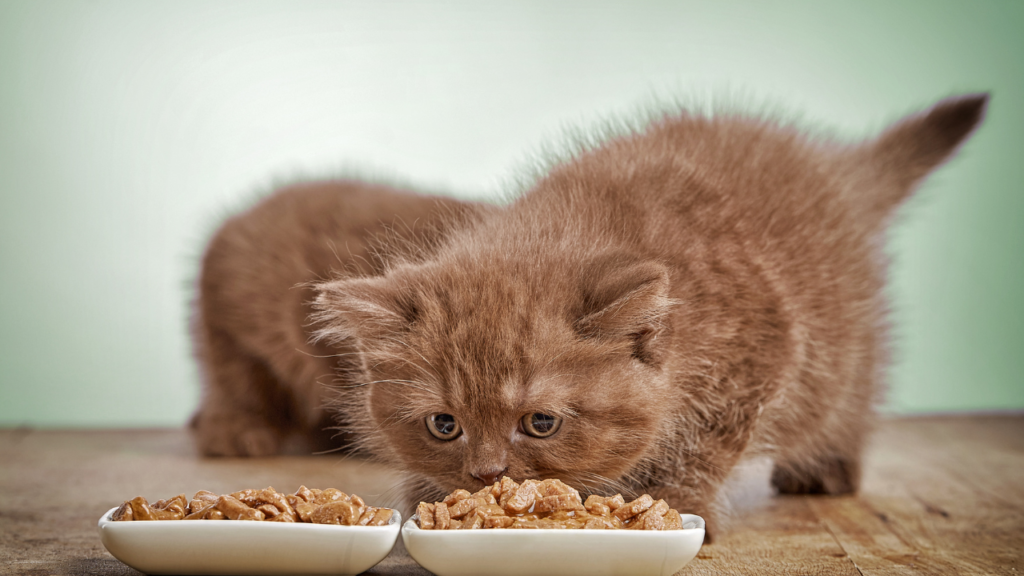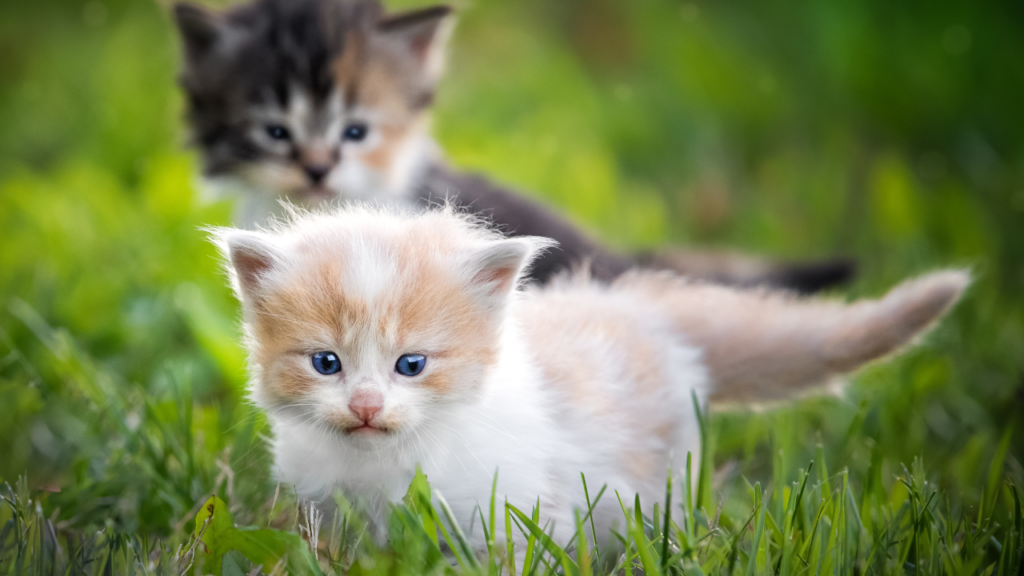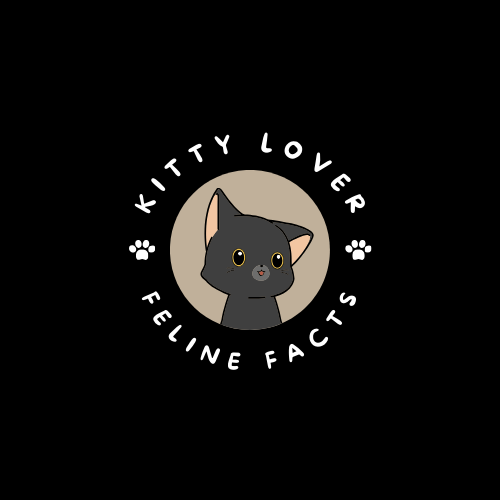
How often do I feed my kitten as they grow?
Your kitten is an important part of your life, even if they have only been with you for a short time. You’ll want to take the best possible care of your new buddy to guarantee a long and happy life together, and a consistent feeding plan is an excellent way to do so. Creating a suitable cat feeding regimen that matches your kitten’s needs is an important first step for new cat parents, so do not put it off.
Your kitten will require more fuel for its growing body than an adult cat, so you must feed them more regularly. Here are some tips for feeding your kitten so he stays healthy and maintains the right weight as he grows. Good luck!
The appropriate types of cat food
You can’t just give your kitten a bowl of adult cat food and expect it to eat enough. Your kitten’s demands differ from those of an adult cat, thus feeding them the same food will not suffice. Fortunately, a little research and preparation can go a long way!
Even though soft food is beneficial to very young kittens as their teeth develop, dry food does not spoil as rapidly as wet food. Wet foods include more moisture, while dry food can help kittens gain weight more quickly due to its carbohydrate content. To combine the best of both worlds, some people dilute dry kitten food to make an easy-to-eat gruel.
Your schedule can also help you decide whether wet or dry food is better for your kitten as they grow. Dry food is the best option If you need to leave food out for your kitten during the day, . Wet food may be a preferable option if you are home to clean the dish right away or if your kitty is still unable to chew food.
How frequently to feed kittens

Once weaned from their mother, kittens will need to eat three to four times per day. Serving sizes will be determined by the appropriate amount of your food and what your veterinarian advises. However, after your kitten is six months old, most cats require two meals per day. This will be modified again when a cat reaches adulthood, at which point they should be fed once or twice daily. A feeding plan is vital for managing your kitten’s weight and establishing excellent eating habits. Remember to divide the daily amount size into three halves to ensure that your kitty does not consume too many calories.
Consider the sorts of food you feed your cat, and only use high-quality, tested foods. Cheap meals require more servings to provide your kitty with all he requires to grow healthy and strong. One disadvantage is that your cat may gain weight too quickly by eating low-quality diets and consuming less-than-ideal nutrients.
How much water should a kitten drink?
While kittens who are still consuming their mother’s milk (or formula) do not require water as adult cats do, you should place a water bowl in your kitten’s favourite area once they are weaned. They should begin exploring a very shallow dish of water at 4 weeks old (before they have finished weaning) to become used to it, although they will normally learn to lap it up as they play and explore. This manner, they’ll be accustomed to their water dish by the time they transition to solid food!
Most kittens and cats can self-regulate their water consumption, so keep fresh water on hand at all times. If it appears that they aren’t drinking enough, you might wish to change the sort of dish or bowl you provide their water in.
Develop a relationship with your veterinarian.
Your veterinarian is an excellent resource for ensuring that you have the proper feeding practices for your new kitten. Your veterinarian will assess the kitten’s health and recommend diet and quantity sizes. If you have any questions, please call their office. If your kitten appears to be gaining too much or too little weight, your veterinarian can help you identify the underlying cause and devise a plan. This guarantees that your kitten grows to be healthy.
Frequently asked Questions
Let’s look at some of the most prevalent questions about feeding kittens.
How frequently should you feed a 7-month-old kitten? Check with your veterinarian regarding your kitten’s health, but a 7-month-old should be ready for an adult feeding regimen of one or two times per day.
Can you overfeed a kitten? Kittens up to about 3 months of age are difficult to overfeed since they are developing rapidly and have a lot of energy. You should be prepared to adjust your feeding routines frequently until your cat is roughly 6 months old.
Should I leave food out for my kittens? Grazing might make it harder to assess whether your cat is getting enough nutrients. It is preferable not to leave food out, but you can place some dry food in a bowl if your kitten appears hungry at night or between meals. Ensure that your cat eats consistently at meal times, and avoid giving food treats right before meals.
How can I tell if my kitty is overeating? Overfeeding a little kitten is difficult, but not impossible. Diarrhoea is one sign of over eating. A kitten’s digestive system cannot handle the amount of food it consumes, resulting in diarrhoea. A moderate type is yellow and runny, but if the kitten goes grey, you should take it to the clinic immediately.
Why does my kitten always act hungry? Your kitten is doing a lot in its first few months of life. They are extremely energetic and rapidly growing. Creating an eating routine teaches your cat when meals are coming and ensures well-balanced nutrition throughout the day.
Setting up a timetable with your kitten

Whether or whether this is your first kitten, educating your kitten that meals are always available is an important aspect of excellent eating habits. Your kitten is accomplishing a lot over those first few years, so a consistent feeding plan will be really beneficial. Consistency enables your cat to believe that they will be fed, which means you’ll be less troubled between meals!
Work with your veterinarian to closely monitor your cat’s growth and weight in the first few months. Early nutrition leads to a lifetime of health and well-being, so make sure your cat has all he needs to grow healthy and strong from the start.
Be consistent and adapt to your kitten’s nutritional demands as it grows. The most important element of this puzzle is an ongoing commitment to your kitten’s health. With things in place, your kitten should grow up happily.
